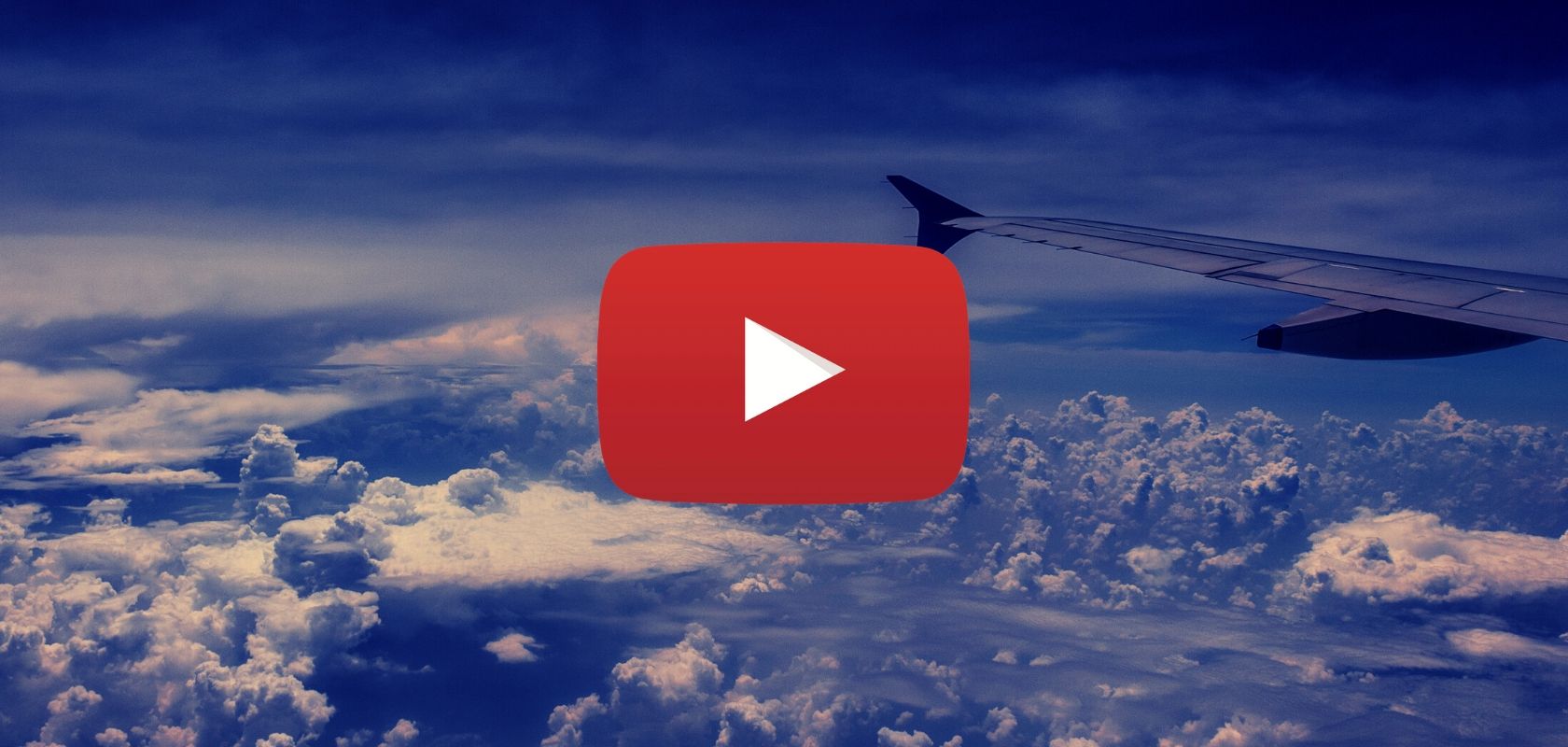What used to be known as “global warming” got rebranded a few years ago as “climate change” – and now, adjacent to that, we also have “climate misinformation.”
Is this about wrong weather forecasts? Not exactly – because news stories now featuring the term concern the US Congress and the tech and social media giant Google.
It’s actually quite serious: “climate misinformation” is the term being introduced by those in the US political class pursuing the “climate crisis” policy.
Some see this as a legitimate, scientifically-backed concern over the ability of the planet to sustain life in the long term – while others dismiss it as an alarmist narrative with a purely political agenda, one that is in fact poorly, if at all, based in science.
It’s easy to see which side of this debate Kathy Castor – a Democrat and chair of the US House Select Committee on the Climate Crisis – falls on, as reports now say she has penned a letter to Google CEO Sundar Pichai protesting what’s seen as promotion of “climate disinformation” content on YouTube.
(It may be worth noting that the CNBC report here uses “misinformation” and “disinformation” interchangeably – while in reality, these terms represent two different phenomena.)
In any case, it’s almost a perfect marriage of buzzwordy talking points: climate change and online misinformation/disinformation.
Castor’s letter makes it clear YouTube needs to step up its “moderation” game – while Google is advised to prove its political allegiance even more forcefully than it might be doing right now.
“YouTube has been driving millions of viewers to climate misinformation videos every day, a shocking revelation that runs contrary to Google’s important missions of fighting misinformation and promoting climate action,” the letter said.
Castor also cited “various media reports” to accuse YouTube owner Google of encouraging climate mis/disinformation.
This is almost a perfect loop – as “various media reports” are now citing Castor to accuse the tech giant of the very same thing.
Unfortunately, the letter doesn’t go into any details concerning how YouTube manages to “drive users” to any desired – or allegedly desired – content.
Instead, CNBC peppers its reporting with a hodgepodge of “background” references to other perceived YouTube transgressions – like allowing “hateful content” and misinformation “among political ads” – all in the context of the approaching 2020 US presidential election.
As for “climate misinformation/disinformation” – the committee said Google has until February 7 to respond “with a plan to address (it).”
Meanwhile, some of letter’s suggestions say YouTube should “stop monetizing videos that promote falsehoods and ‘take steps to correct the record’ for those who’ve been exposed to climate misinformation.”






















